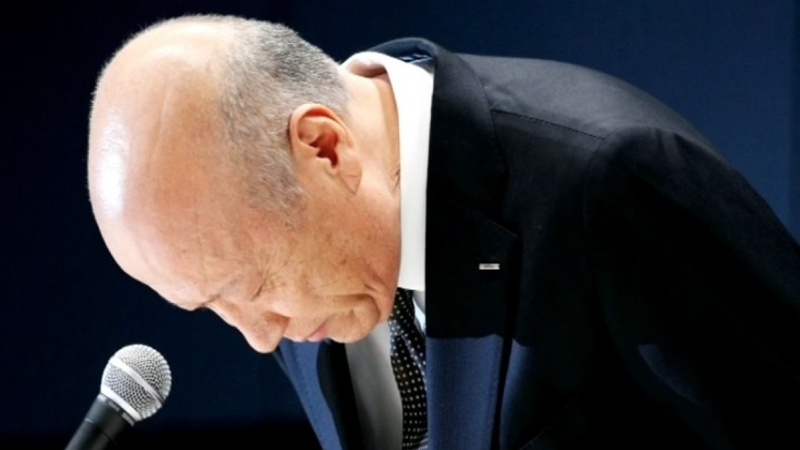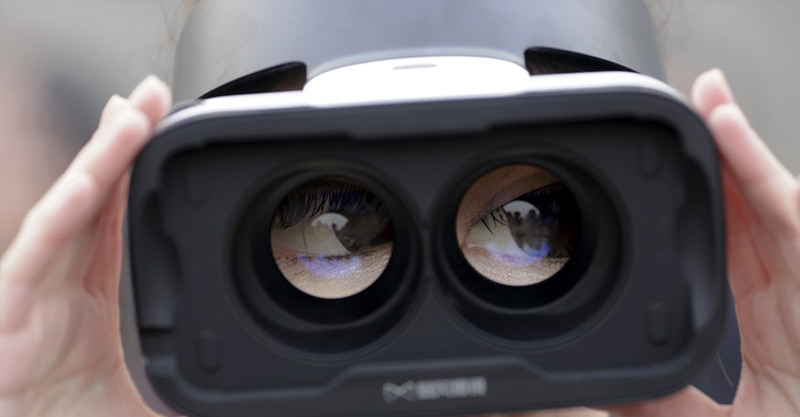On Wednesday, a Japanese chief executive made a laudable move that would be stunning to many American employees if their CEO did the same. Tadashi Ishii, the chief executive of Dentsu, Japan’s largest advertising agency, said he would resign in January to take responsibility for alleged violations of Japanese labor law following the suicide of a young employee late last year. The suicide was ruled by officials as “karoshi,” a Japanese term for “death from overwork.”
Ishii’s resignation fits with the remarkably common pattern of Japanese CEOs stepping down after a shameful or scandalous incident at the firms they lead. Earlier this year, 7-Eleven mogul Toshifumi Suzuki, 83, resigned after losing a boardroom fight with activist investor Dan Loeb, saying at a news conference that “I am unbearably ashamed.”
Last year, Toshiba CEO Hisao Tanaka resigned after an investigation found that he and other executives were responsible for a $1.2 billion accounting scandal. “I deeply apologize to all stakeholders for causing these problems,” he said at a news conference, noting “this has resulted in the largest damage ever to our corporate image.” The list of resigning Japanese CEOs taking the fall for their corporations goes on, including at Olympus and Tepco.
[Stop touting the crazy hours you work. It helps no one.]
Certainly it’s a commendable sign of personal responsibility lacking in many of their Western counterparts. Such actions should deter other leaders from letting bad behavior fester, lest they face the same fate in a culture like Japan’s that abhors shame.
But the problem of overwork in Japan is not going to be solved by one leader’s resignation, however admirable it may be. Extreme work hours are so common in Japan that 22 percent of employees work more than 50 hours a week, longer than any other country in the Organization for Economic Cooperation and Development except Turkey, Mexico and Korea. (In the United States, 11 percent of employees work that much, according to the OECD’s data.) A recent government report in Japan found that nearly 23 percent of companies said their workers booked more than 80 hours of overtime each month — that’s overtime, not total hours — and among those, 12 percent put the extra time at more than 100 hours.








